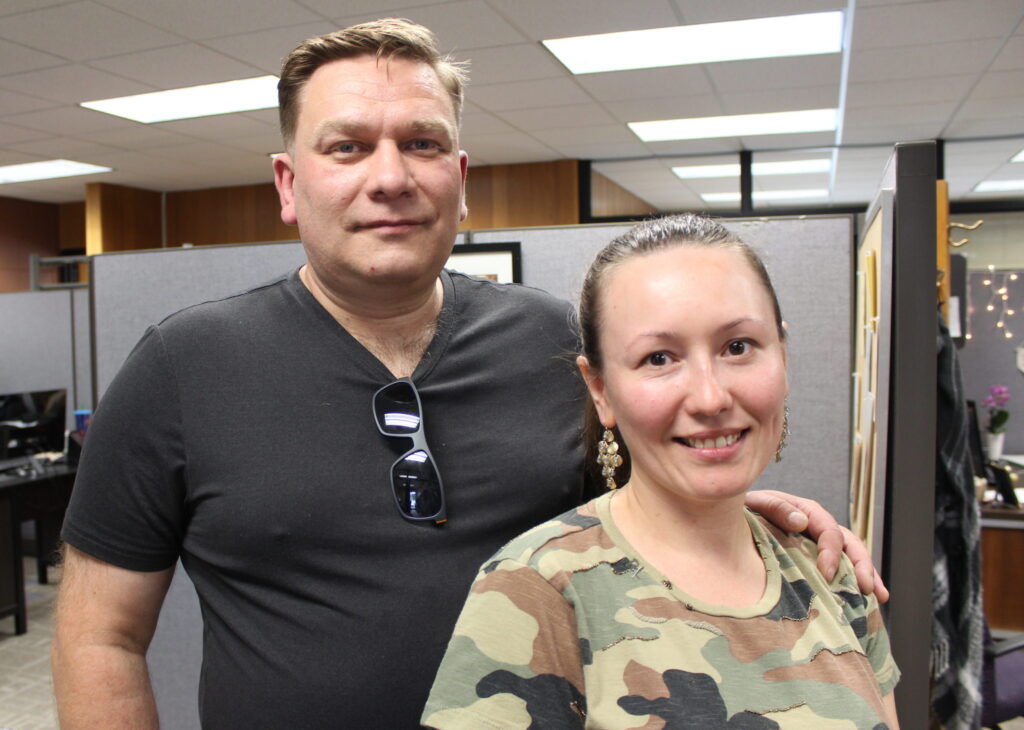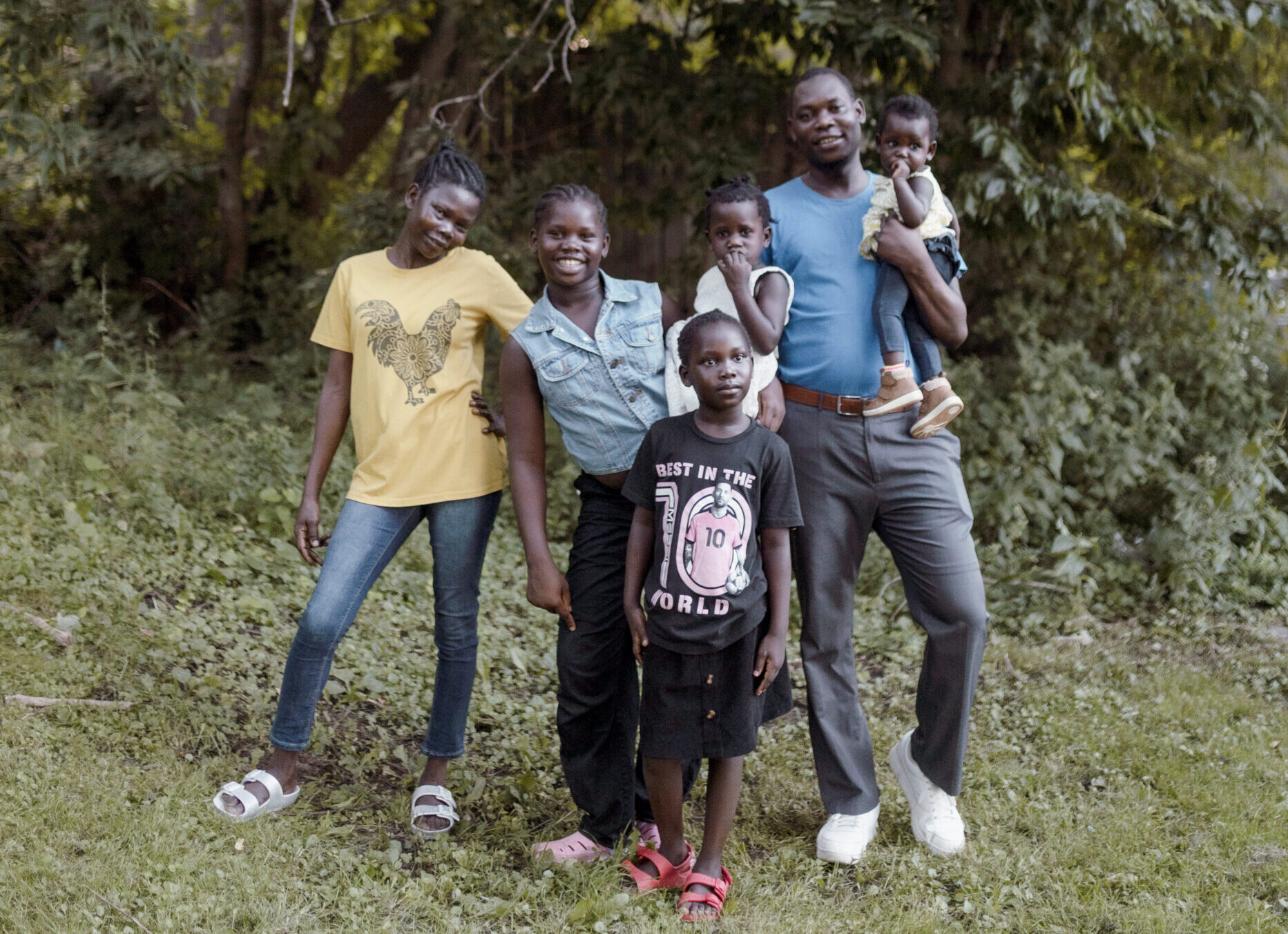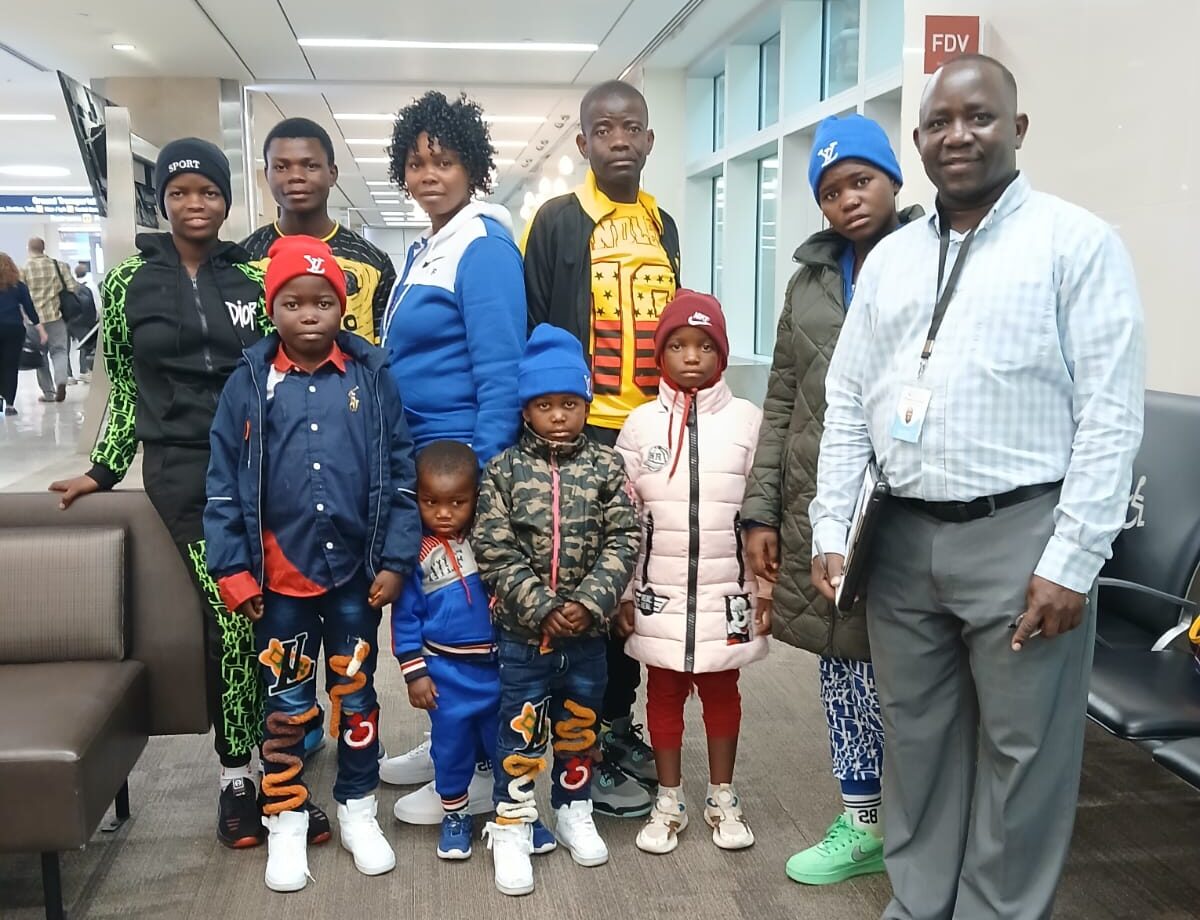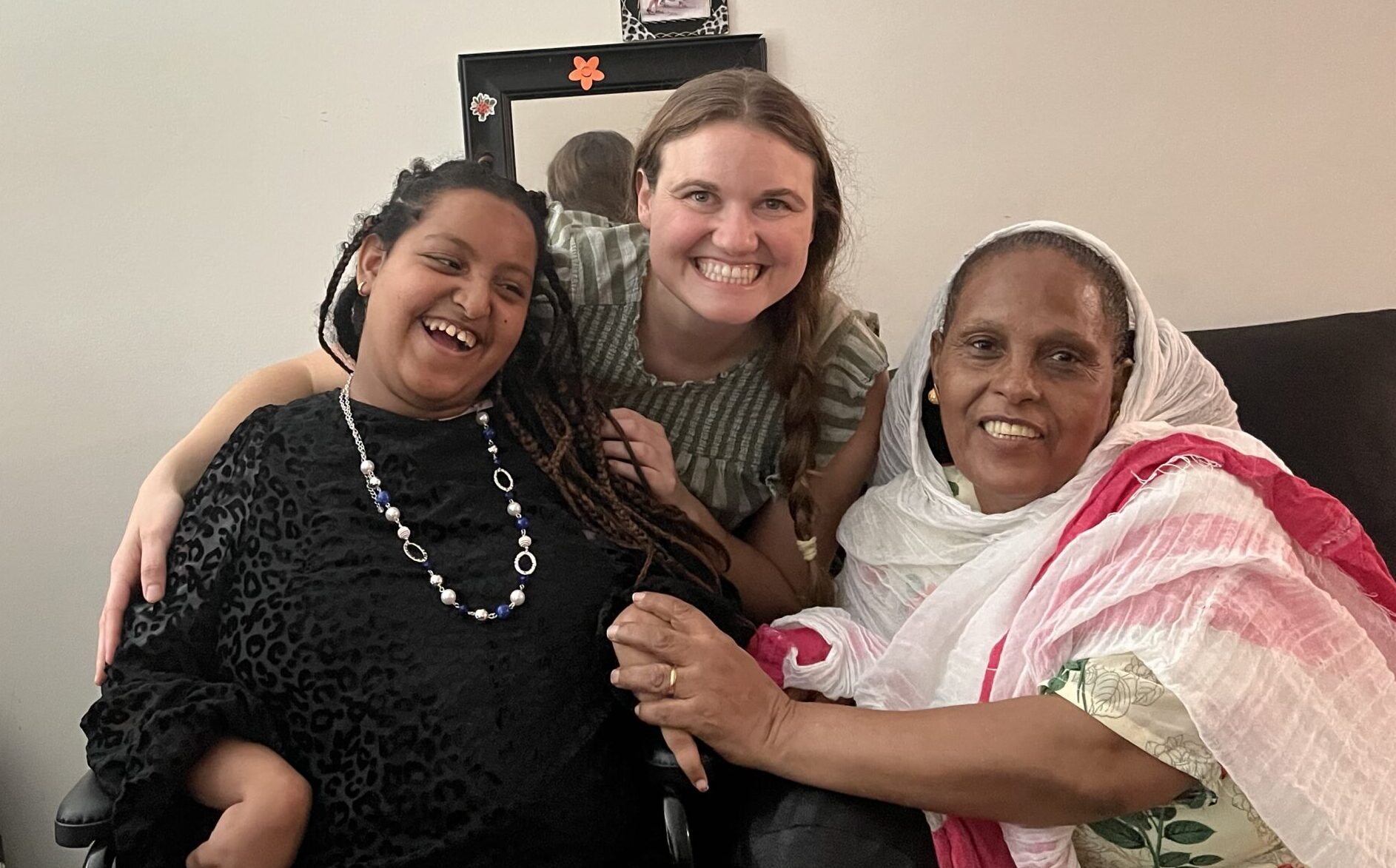Andrei was a youth pastor and contractor in Russia. An oppressive law that passed in 2016 banned the public sharing of one’s Christian faith. After receiving threats from Russian officials on the lives of his two children, Andrei, his wife Galina and their children fled from Russia as refugees, and arrived in Minnesota in 2019. We interviewed Andrei about life in Russia and the persecution he left behind:
Q: Tell us about how the 2016 Yaravaya law was implemented in Russia?

A: Russia adopted a law making it unconstitutional to be a Christian, even though the (Russian) constitution says you are free to profess any faith. (The Yarovaya law increases regulation of evangelism, including a ban on the performance of “missionary activities” in non-religious settings.)
Based on this law, which is active right now, if you declare that you belief this or that or if you publically invite someone to church, of if you share an invitation to a Christian conference or service on facebook, sometimes even if you just attend church you will receive a huge fine or you can be jailed for up to 3 years. If you represent a church as a pastor or leader, then the fine is $1M rubles ($15,700) and up to 5 years in jail, if they can prove that you were promoting your faith.
It’s not like you have much of a choice; you can either be quiet, or try not to be afraid and continue sharing your faith. Some Christians were imprisoned, others were trying to move across the border into Finland.
Jehovah’s Witnesses were the first religious organization to be called an extremist organization (and were kicked out of the country), and evangelicals are not too far behind (from being considered an extremist organization). I was told another law was coming that would take children away from Evangelical homes.
Q: How did Russia enforce this law in Christian places of worship?
A: The (Russian security service) investigators would just show up at a church service and would ask around for more information on specific people. Then they would subtly threaten people by reminding them that kids often use drugs in Russia, and you never know what could happen to your kids. Investigators wanted me to cooperate and inform on other people.
Q: Did your church’s services ever get raided in this way?
A: Yes, we had a youth Christian concert at a church, and we invited some students, and a speaker from Ukraine. Some police and domestic security officials ran into the building, and stopped everybody and held people hostage, and we had a large group of people in attendance. They wouldn’t let anybody leave the building. And when we asked what was happening, law enforcement said they suspected a terrorist attack, so they wanted each person’s first and last name and their passport number. There were no terrorists in the building, they just wanted the information on the college students, to gain access to their educational establishments to start pressuring people.
Q: How did this persecution affect your personal and professional life?
A: I was refused jobs because I am a Protestant. I was working as a contractor on the house of a Russian parliament member (part of the Russia Unite party); when he found out I was a pastor at a church, he took all of my tools, kicked me out, and refused to pay me for any of the work I did on his house. I hired a lawyer to receive payment, but since the justice system is very much in submission to the government, I was found guilty.
I had a lot of trouble as a pastor. They couldn’t directly make threats about my kids, but they would make hints about getting my kids hooked on drugs, and I felt that they were threatening both of my kids. So we made a decision to leave everything behind and move. We weren’t going to test the waters anymore, we were going to apply for refugee status.
Right now, we are trying to apply for my wife’s brother because my niece (his daughter) was attending a middle school at a church and they were trying to enroll her at a public school, but they denied her entry because they didn’t want kids from a Christian school. The officials made up an excuse that she was probably behind in school, because they are not going to outright persecute her directly. That’s the way they operate.
 Andrei and his family are settling into life in the Twin Cities. Andrei is working for himself as a contractor, specifically remodeling bathrooms. Galina works as a tailor for Nordstrom. Their children are loving life and school in America, and are quickly becoming fluent in English. Andrei and Galina’s family has found a home church in Brooklyn Park.
Andrei and his family are settling into life in the Twin Cities. Andrei is working for himself as a contractor, specifically remodeling bathrooms. Galina works as a tailor for Nordstrom. Their children are loving life and school in America, and are quickly becoming fluent in English. Andrei and Galina’s family has found a home church in Brooklyn Park.





